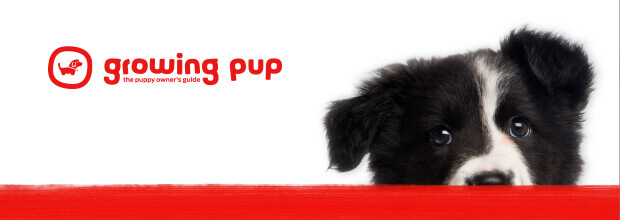History and Origins
In the 1800s bird dogs in Germany came in all shapes, sizes and coat colours. In the latter part of the 19th century, because of the growing interest in the individual breeds, the different types were separated. When the German Long-Haired Pointer Club drew up its standards, for some reason, the only colour allowed was liver and white. Black and white puppies, many with excellent blood lines, were given away to farmers and hunters from the Munster area in Germany. Colour did not matter to them and, so these puppies were bred, possibly bringing in other breeds, e.g. spaniel or setter types, until in 1919 the Large Munsterlander dog breed was given recognition in his own right to differentiate him from the smaller version.













